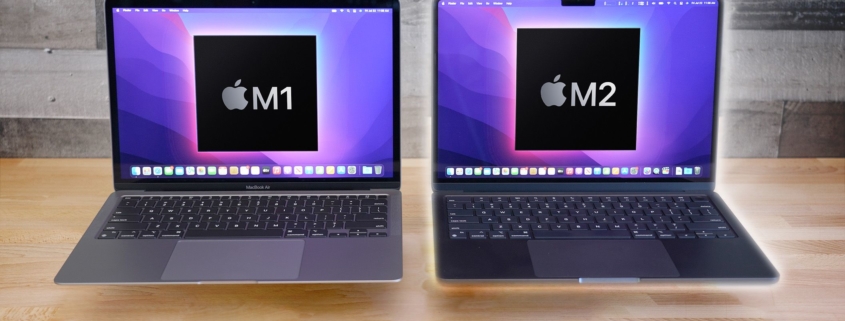Apple Silicon Vulnerability Allows Hackers to Extract Encryption Keys
An unpatchable vulnerability has been discovered in Apple’s M-series chips that allows attackers to extract secret encryption keys from Macs under certain conditions, according to a newly published academic research paper (via ArsTechnica).
![]()
Named “GoFetch,” the type of cyber attack described involves Data Memory-Dependent Prefetchers (DMPs), which try to predict what data the computer will need next and retrieve it in advance. This is meant to make processing faster, but it can unintentionally reveal information about what the computer is doing.
The paper finds that DMPs, especially the ones in Apple’s processors, pose a significant threat to the security provided by constant-time programming models, which are used to write programs so that they take the same amount of time to run, no matter what data they’re dealing with.
The constant-time programming model is meant to protect against side-channel attacks, or types of attacks where someone can gain sensitive information from a computer system without directly accessing it (by observing certain patterns, for example). The idea is that if all operations take the same amount of time, there’s less for an attacker to observe and exploit.
However, the paper finds that DMPs, particularly in Apple silicon, can leak information even if the program is designed not to reveal any patterns in how it accesses memory. The new research finds that the DMPs can sometimes confuse memory content, which causes it to treat the data as an address to perform memory access, which goes against the constant-time model.
The authors present GoFetch as a new type of attack that can exploit this vulnerability in DMPs to extract encryption keys from secure software. The attack works against some popular encryption algorithms that are thought to be resistant to side-channel attacks, including both traditional (e.g. OpenSSL Diffie-Hellman Key Exchange, Go RSA decryption) and post-quantum (e.g. CRYSTALS-Kyber and CRYSTALS-Dilithium) cryptographic methods.
In an email to ArsTechnica, the authors explained:
Prefetchers usually look at addresses of accessed data (ignoring values of accessed data) and try to guess future addresses that might be useful. The DMP is…

